After being neutered, your cat's energy needs (male or female) drop on average by 20%... but not his appetite! To prevent him from putting on weight or becoming susceptible to certain illnesses, it's important to change his diet and give him food specifically designed for neutered cats.
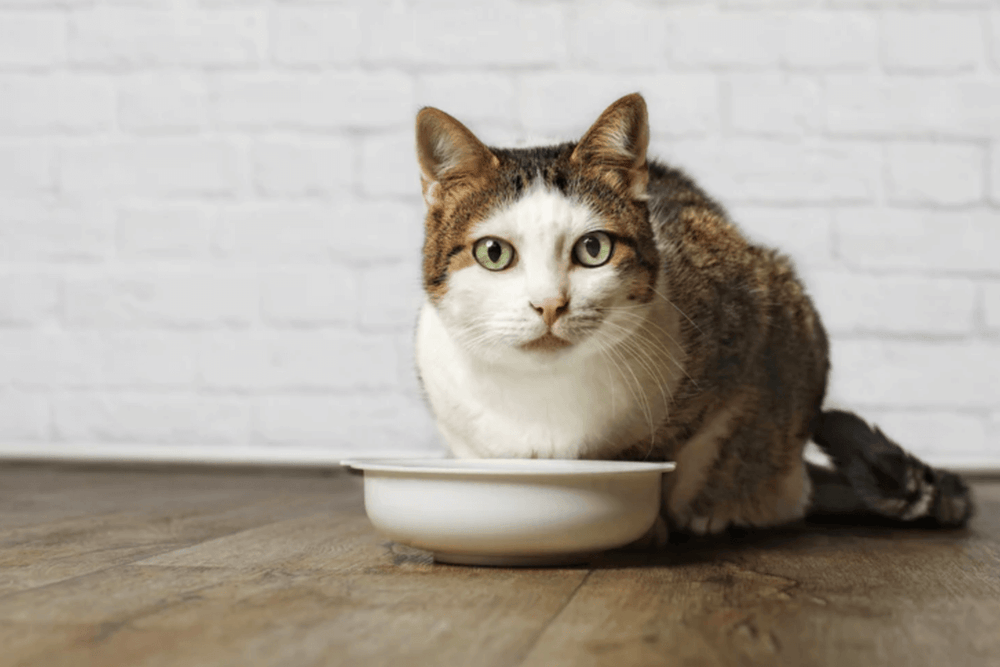
Neutered Cats: Why change their diet?
Like many cat parents, you’ve chosen to neuter your little furry friend. A common procedure that offers numerous benefits for both yourself and your cat. In males, neutering significantly reduces urine marking, running away to find mates, and picking fights with neighborhood cats. This can still happen, but they’ll tend to be a little less of a big cat about it.
As for females, neutering or spaying (ovariectomy) eliminates heat-related yowling, unwanted litters, uterine infections, and even mammary tumors if performed before their first heat, around 6 months on average.
Neutering and weight gain
However, there’s a major downside. A neutered cat will tend to gain weight. And for good reason, as neutering often causes a drop in activity and an increase in appetite in cats, who, after the procedure, see their energy needs drop by an average of 20%. They end up eating more than they should and the other cats start calling them chubby.
A chubby cat is certainly cute, but being overweight and obese can lead to serious health issues. They can develop urinary or kidney disease (cystitis, kidney impairment), diabetes, certain heart diseases, arthritis, or even respiratory problems. In short, everything we don't want for our furry little friends. It's therefore important to adapt your cat's diet after neutering.
However, we're not talking about a weight loss diet here. Just because his energy needs have dropped doesn't mean you should reduce his portion size. Quite the opposite.
The answer is reducing their calorie intake by providing them with a diet specifically designed for neutered cats. These are lower in calories than those for unneutered cats, but must also meet all their other nutritional needs.
However, if your kitten's still developing, keep giving him food specifically designed for kittens. Here's an article all about feeding neutered kittens on our blog.
What food should you give your neutered cat?
Dry food and/or wet food that's rich in quality protein.
Whether neutered or not, a cat needs animal proteins in his diet to provide them with the 11 essential amino acids essential for their good health. These are taurine, arginine, phenylalanine, methionine, valine, leucine, isoleucine, lysine, tryptophan, threonine, and histidine.
These micronutrients promote the proper functioning of the body (immunity, development, digestion, reproduction) and structure (bones, skin, muscles, fur). They also need fats (essential fatty acids), minerals, vitamins, and fibre in his diet, all of which are essential for healthy digestion.
Otherwise, cats become deficient and can develop serious health issues such as neurological disorders, impaired immune function, or even central retinal degeneration.
Even if their calorie intake is reduced, some foods for neutered cats don’t provide all these nutrients in sufficient quantities. A neutered cat will need low-calorie food that still provides as much protein. This is often not the case.
Pay particular attention to the protein-to-calorie ratio (PCR) on tins and pouches. This indicates how much protein is in a food relative to the calories it provides and allows you to know the actual amount of protein ingested.
Food for neutered cats should have a higher PCR, ideally above 100.
By comparison, Ziggy wet food for neutered cats has a PCR of 109.8 g/Mcal, compared with 86.3 g/Mcal for Ziggy wet food for unneutered cats.
Your neutered cat's dry food and wet food should be rich in quality proteins, but also low in carbs, low in fats, and low in phosphorus.
Read all about it in our article: The best dry food for my cat.
We also provide you with loads of tips on our blog to help you choose the best wet food for your cat.
And here's a complete guide to a cat's needs and his diet. We also demystify dry food and wet food packaging so that you can make an informed decision on what you feed your fluffy friend.
Wet food vs dry food?
There's a wide variety of dry food and wet food specifically designed for neutered cats. At Ziggy, we’ll always recommend providing a wet food diet for your neutered cat.
Why's that? Because they are on average 4 times less caloric than dry food, and they are very rich in water. As well as providing good hydration, they help your cat feel full and help prevent urinary stones and obesity. Two important factors to consider after neutering your cat.
Of course, you can give him dry food, but make sure that the 'dry' part remains a small part of his diet. And opt for quality dry food, rich in animal proteins and low in starch and minerals to protect his health. Such as our dry food for adult neutered cats 😺
"What if I only have dry food for unneutered cats?" Giving dry food for unneutered cats to your neutered cat is not a problem. But this food should only be given temporarily. The 'regular' dry food is higher in fats and slightly lower in proteins.
Don't forget the transition phase when switching your cat's diet. A sudden change in food could cause diarrhea and vomiting. Your little cat could also permanently reject his new food if he associates it with a negative experience (physical or emotional).
How much wet food or dry food should I give my neutered cat?
The amount of food will depend on your pet's weight and environment (especially if he lives in an apartment). We advise you to weigh him every two weeks after he’s been neutered, and for the following three months.
Read all about it in our article: How much dry food should I give my cat daily?
Use our portion calculator to easily and accurately determine the amount of food to give to your neutered cat.
My neutered cat is always hungry, what should I do?
Your fluffy companion should feel full and satisfied after eating his wet food meal. But some cats may demand more food which is perfectly normal. After neutering, a lot of cats have trouble regulating their appetite.
To avoid frustration (and your sofa taking a pummeling), you can add boiled or raw courgette cubes (chopped the size of dry food) into his wet food. This much-loved vegetable contains a lot of water and helps to fill their little stomachs without adding calories! In addition to being delicious, courgette offers many other health benefits. Rich in fibre, it helps with healthy digestion! Another beneficial vegetable: squash! It's also filling and rich in fibre! Read all about it in our article on the benefits of squash in your cat’s diet.
These are all reasons why it's essential to provide your neutered cat with a premium, tailored diet to keep him healthy. A healthy neutered cat must also have good physical activity.
If your furry friend lives in an apartment, it's important to give him enough physical and mental stimulation. Encourage him to get active with toys, fishing rods, balls, etc. Even a simple cork can do the trick. And according to some cats, our cardboard boxes are the best of the lot 😸






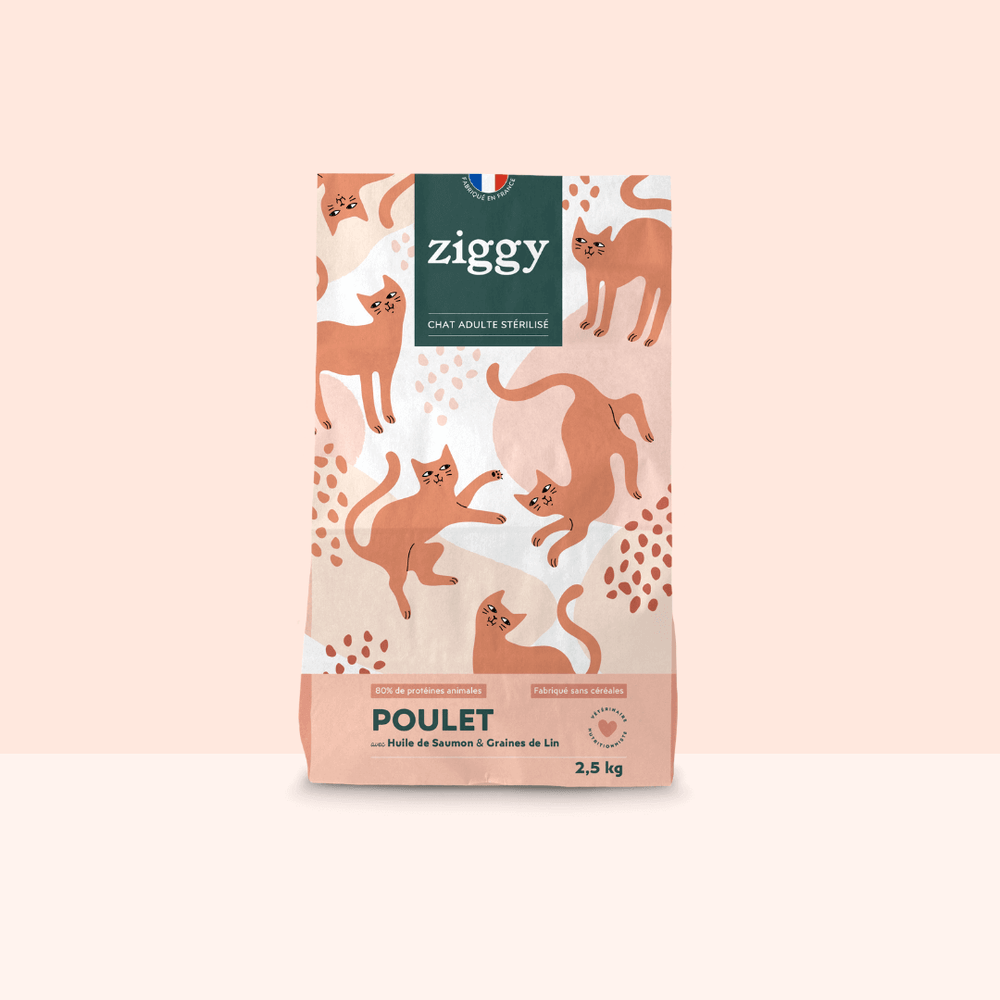
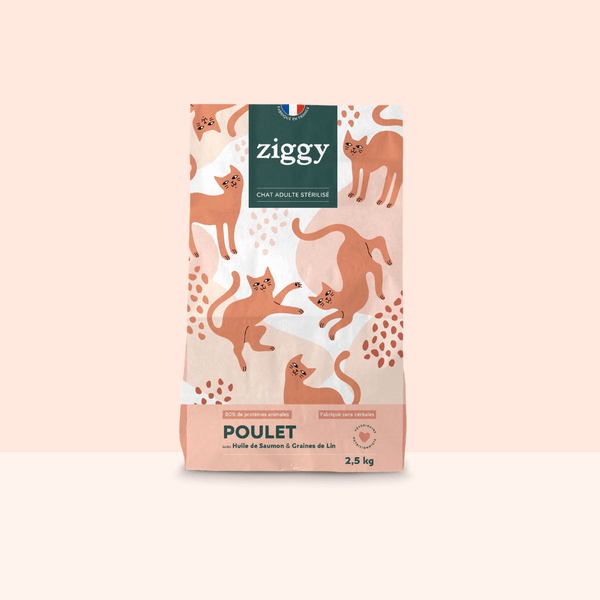

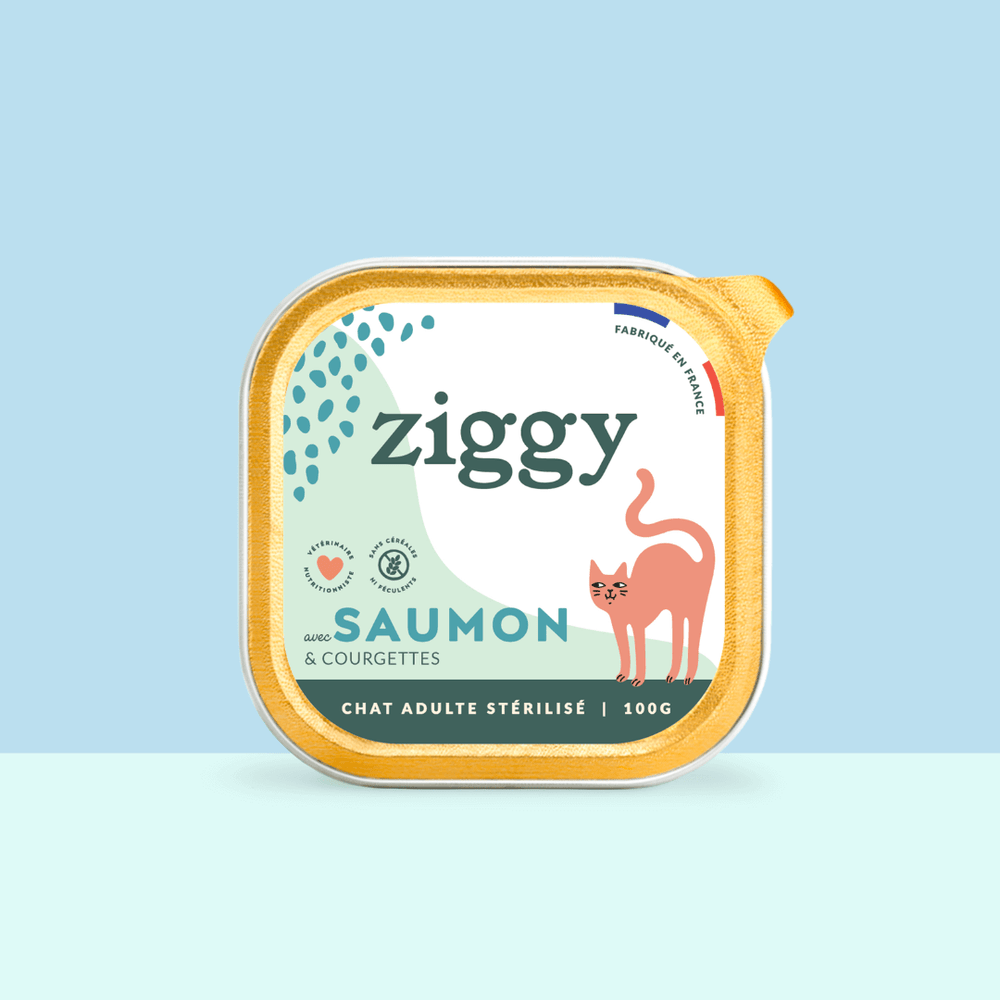
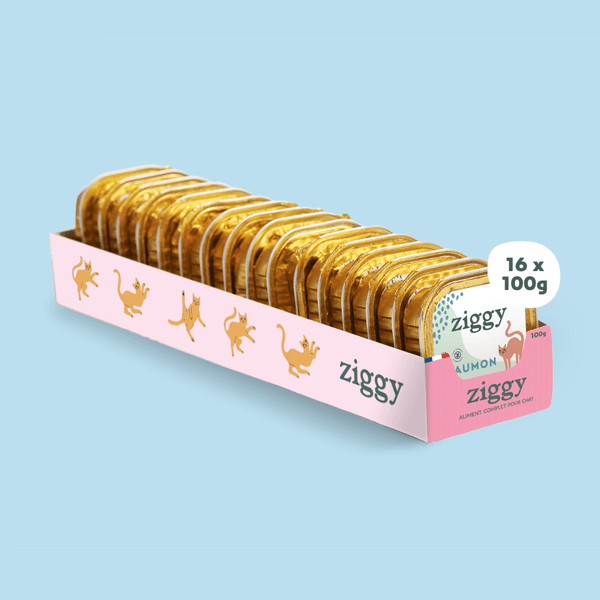



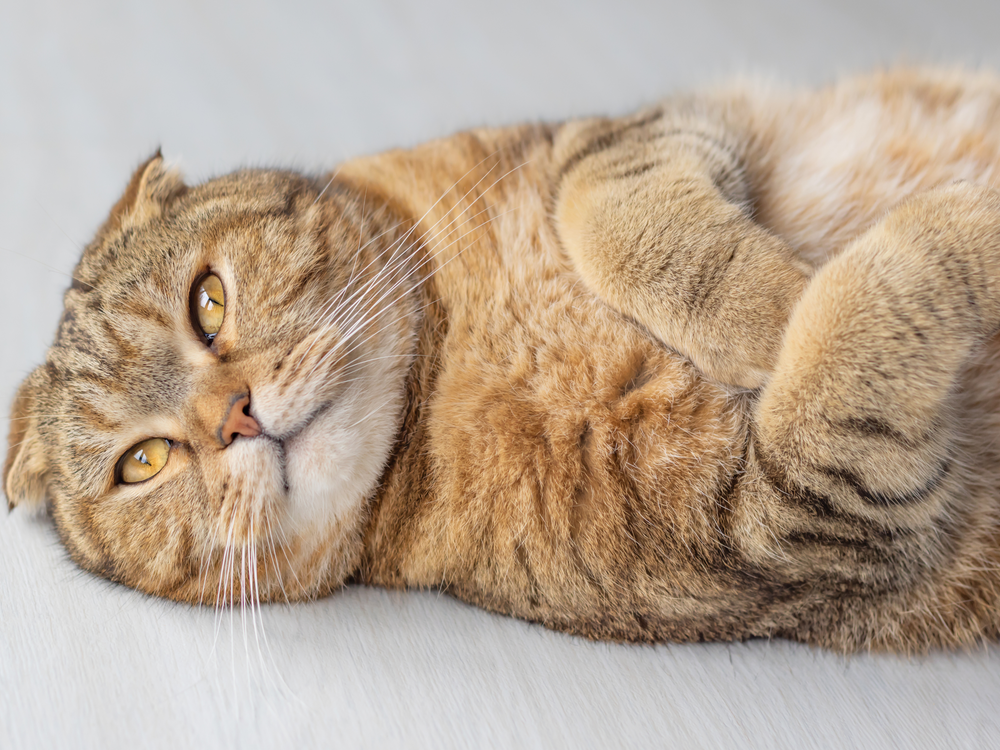
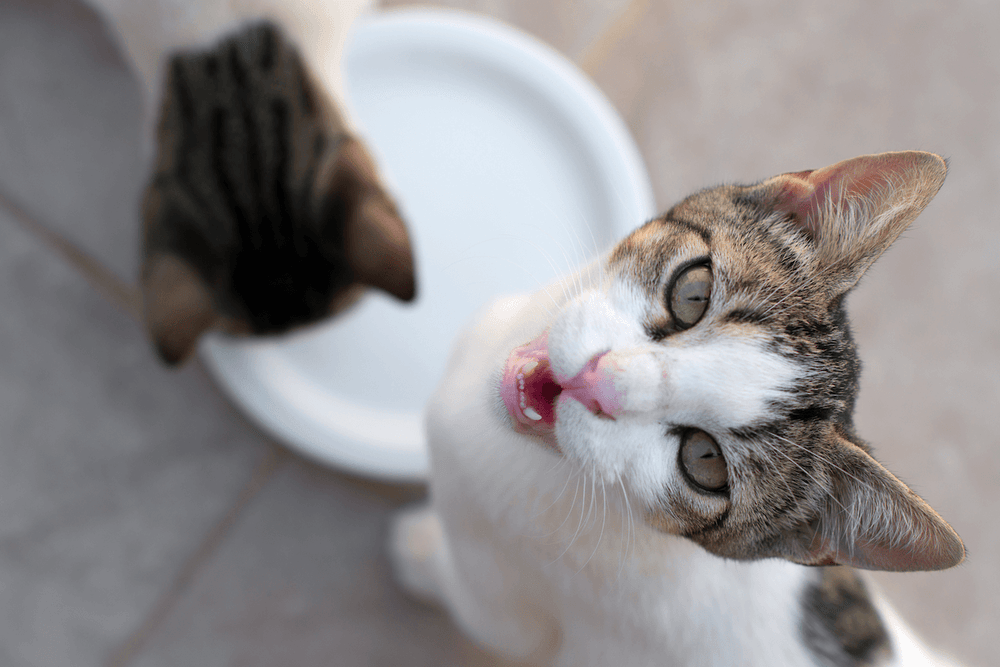
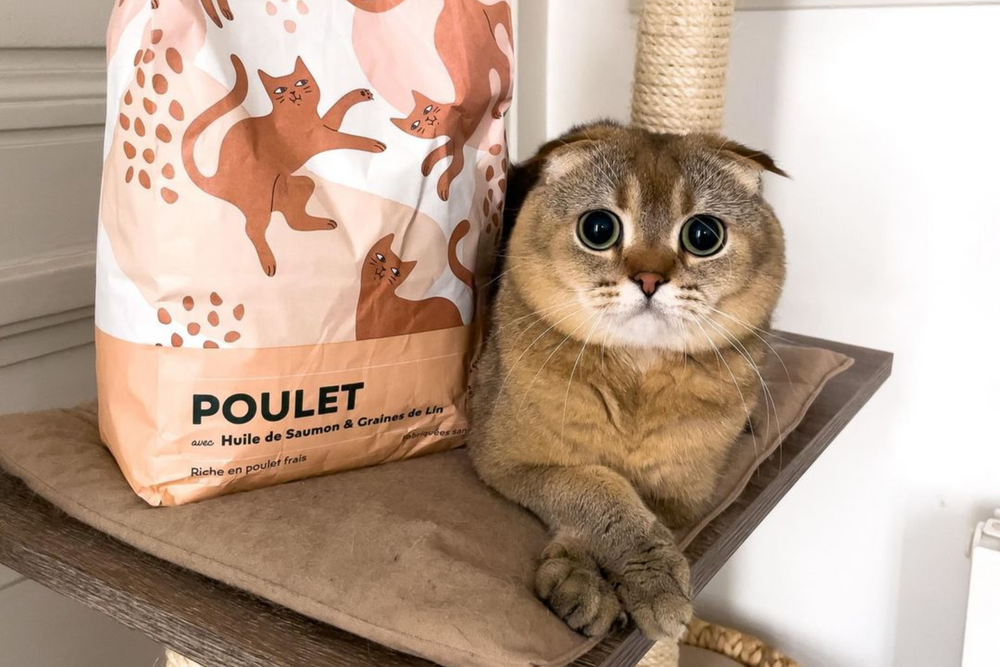
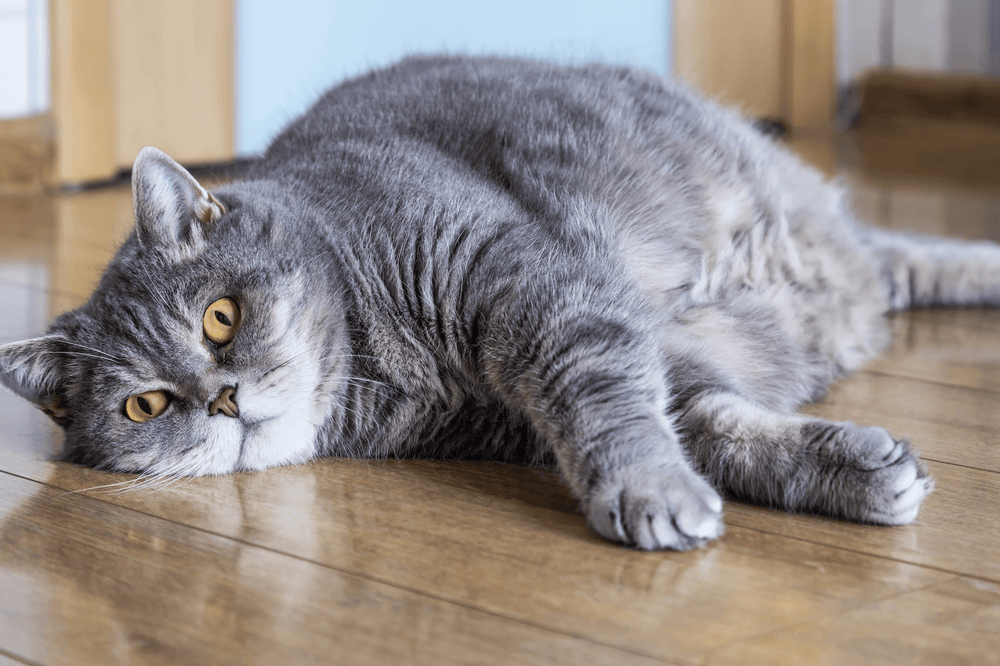
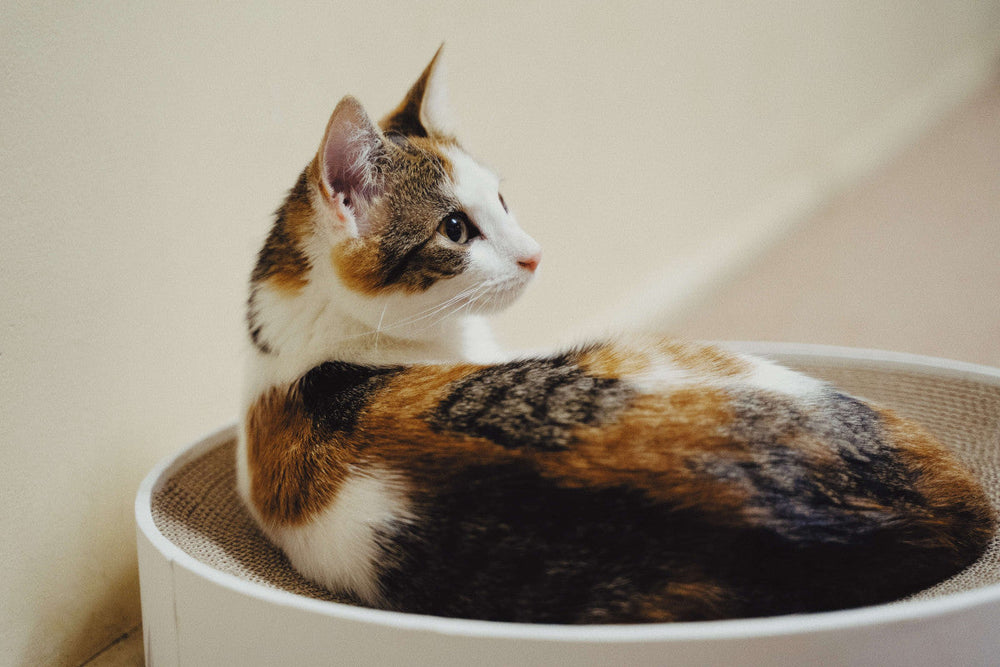
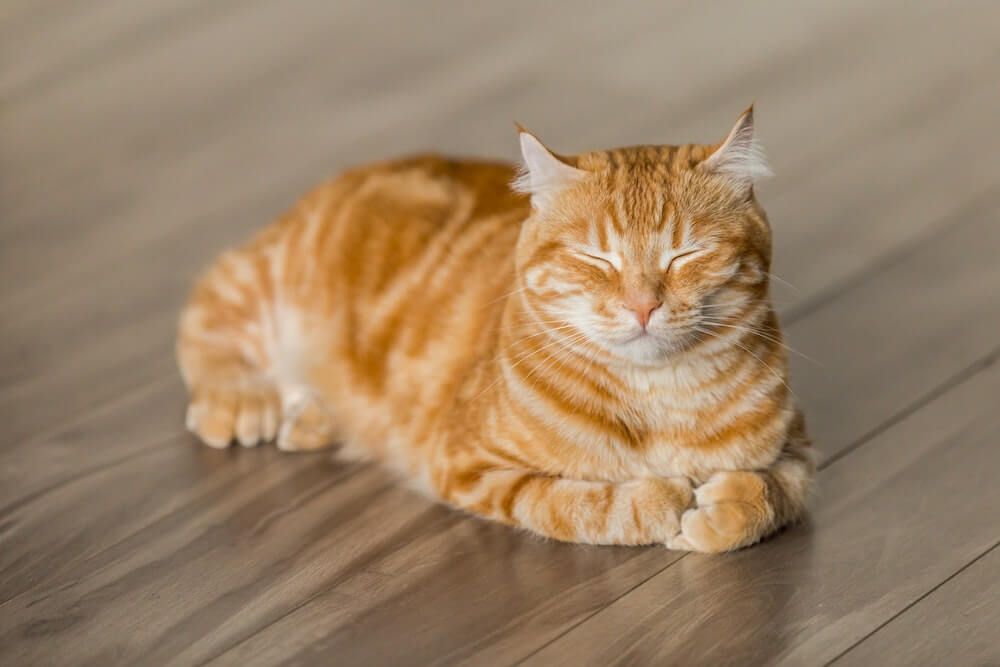


Leave a comment